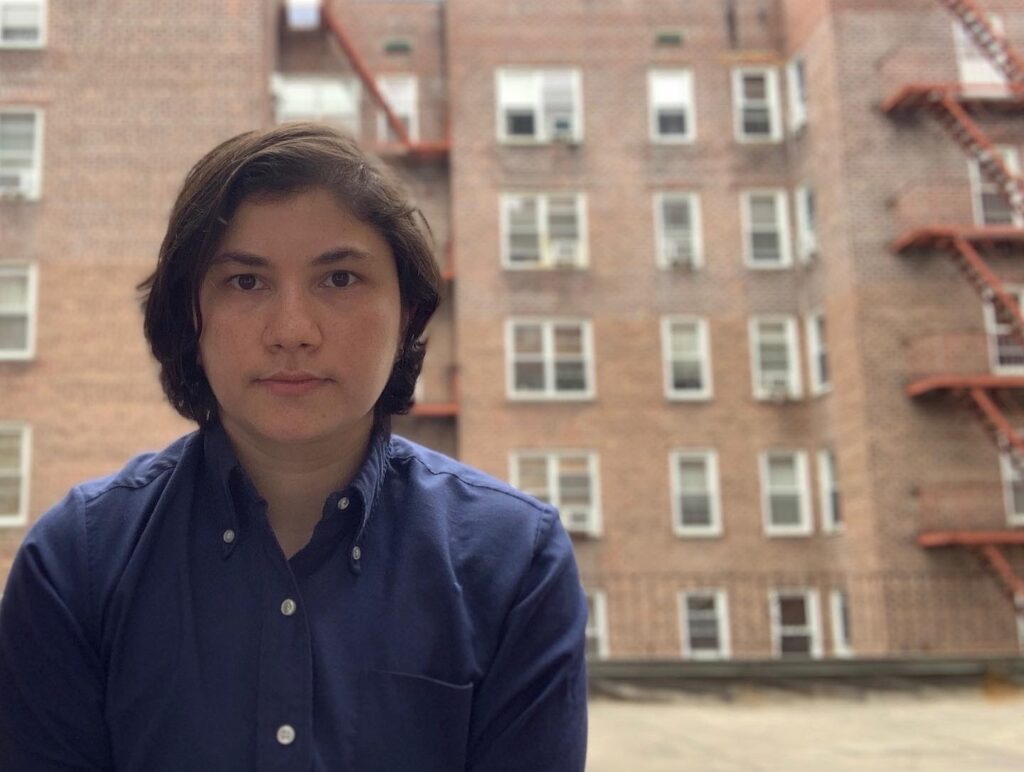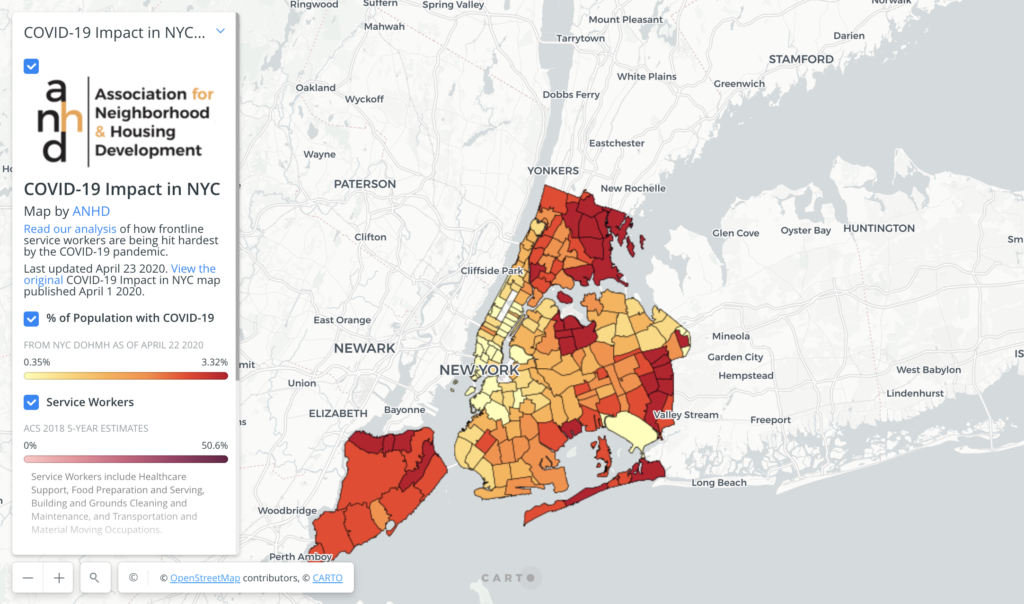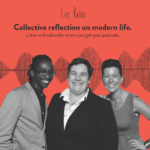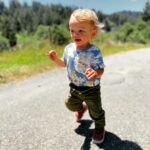I have to write this out loud. Queens Museum did a spotlight on me, which is a Queens dream. It’s also rare for someone like me to cross over into the interests of the art world, as local as it may be. They initially invited me to do a paid workshop this summer that was obviously canceled because of the pandemic. I wrote my answers to this interview before George Floyd’s murder, but I amended them because it would be unconscionable to use a public platform for anything else.
I woke up this morning thinking about it. I wish my amended answers had been my answers from the beginning. I wish I had centered Black life from the beginning. I wish this moment hadn’t been the catalyst for me to speak as explicitly as I eventually did.
I think of myself as anti-racist, always learning, but actively undoing white supremacy. Yet in reading my initial answers, what was missing was glaring. Yes I talked about communities of color and systemic racism. But I didn’t talk about the legacies of systemic violence and settler colonialism that American cities are founded on, a foundation they uphold in order to exist. I’ve written about those legacies for a long time – why didn’t I immediately address them explicitly in this interview? Why did I stop short?
I know why and it’s because white supremacy is deeply ingrained into my brain. It’s something I’m afraid of, consciously or not, whether I can make myself say that truth out loud or not. That needs to end- we all need to kill the cop inside our heads. It should not have taken a murder for me to say what I mean in an interview. This is a commitment to change the way I talk about my work and why I do it, everywhere, for as long as I’m alive and able to think and write.

Follow Lena Pervez Afridi on Twitter.
An excerpt of the Queens Museum spotlight:
“In order to effectively do any work toward an equitable recovery, or for that matter equitable city planning at all, it is absolutely necessary to acknowledge, confront, and undo the legacies of systemic racism that our city and public infrastructure is based on. Association for Neighborhood Housing and Development (ANHD) has long worked to center Black, brown, and immigrant communities, but our work feels especially vital after the murders of George Floyd, Breonna Taylor, Tony McDade, and countless others at the hands of police. In the aftermath of COVID-19, this is a time of unprecedented need coupled with a historic uprising against white supremacy and police violence. It is a moment that demands an interrogation and undoing of the violence on which American cities are built, including New York, including Queens. At ANHD, we are calling for the City Council to reimagine what is possible with city financing through the budget process and shift money from policing directly to neighborhood needs.” Keep reading



